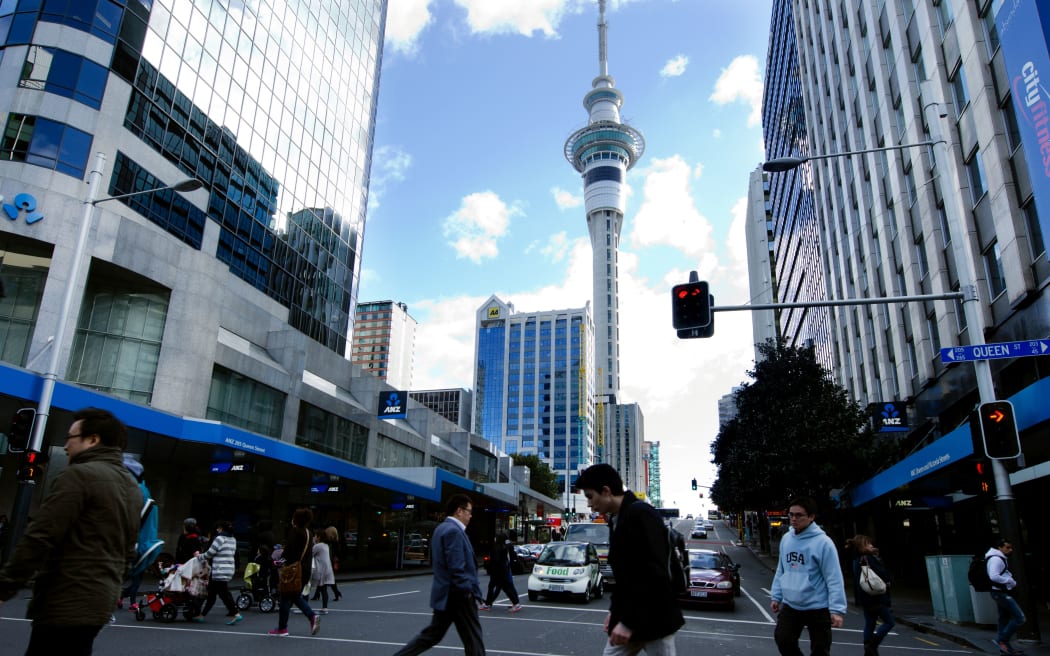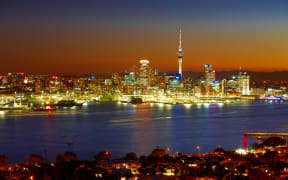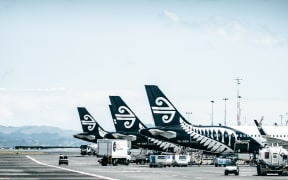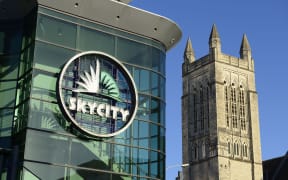
Auckland businesses are attempting to attract more visitors, particularly from across the Tasman, contributing to a short-term fund to do so. Photo:
Auckland businesses have contributed $200,000 to help plaster over a hole in the city's marketing budget.
Auckland Council's cultural and economic development agency Tātaki Auckland Unlimited says it is short of nearly $20 million to attract visitors to the city.
Its investment and industry director Pam Ford said 15 business had so far contributed to a short-term fund to promote the city.
"We're pleased with the response so far. It really is a short-term fix to what is a much bigger longer-term situation," she said.
"It's quite a minimal amount, but we've become very good as New Zealanders at trying to stretch our dollar, so we'll look at how we put in place a very effective campaign in Australia. We're very keen on attracting Australians to Auckland."
Ford said it would fund an online tourism campaign across the Tasman and they expected to raise $250,000 by June next year.
Longer term, the organisation is considering options to fund its shortfall via a tax or tourism fund that private businesses contribute to.
"We're looking to work quite quickly at deciding what would be the best option and then go through the process of consultation."
Tātaki Auckland Unlimited lost $14m when the hotel bed tax was suspended due to the pandemic. It is now being contested in the courts.
Ford said they needed a minimum $19m extra funding each year to continue to promote Auckland and attract major events.
Auckland was competing with Australia for the tourist dollar and across the Tasman eye-watering sums were being spent on marketing, she said.
Auckland's economy has taken a big hit from five lockdowns and the country's border closure.
International tourism contributed nearly $5 billion to Auckland's economy in 2019, accounting for 55 percent of the region's tourism spend, compared to 36 percent across the rest of New Zealand.





